The Dean’s Diversity, Equity, and Inclusion Fellows Program
The College of Social Science Dean’s Diversity, Equity, and Inclusion Fellows Program attracts SSC faculty to build leadership skills around DEI and prepare the fellows to lead internally and externally. Additionally, the Dean’s Diversity, Equity, and Inclusion Fellows Program offers opportunities for professional development around diversity, equity, and inclusion issues.
Fellows are expected to participate in weekly meetings with other members of the Dean’s DEI Fellows Program, and collaborate with the Associate Dean for Diversity, Equity, and Inclusion during their fellowship year. Fellows will be appointed for a one-year term that may be extended to a second-year dependent upon resources and agreement of all parties.
2024-2025 Dean’s DEI Fellows
-
Jennifer Carrera, Sociology
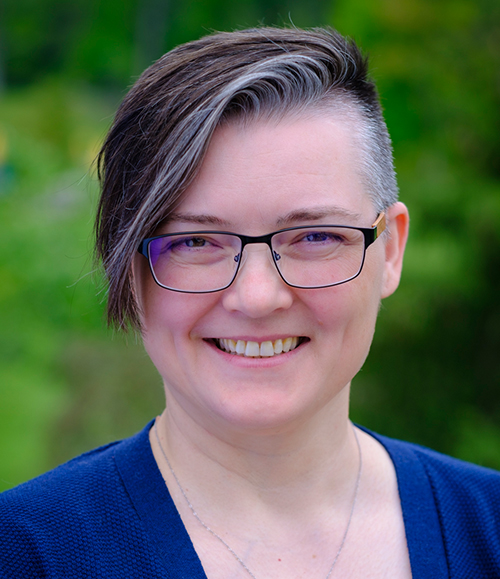 Jennifer Carrera is an Associate Professor of Sociology at Michigan State University. She has a joint appointment between the Department of Sociology and the Environmental Science and Policy Program.
Jennifer Carrera is an Associate Professor of Sociology at Michigan State University. She has a joint appointment between the Department of Sociology and the Environmental Science and Policy Program.Dr. Carrera’s research uses an environmental justice perspective, grounded in Community-Based Participatory Research (CBPR) methods, to examine the differential impacts of access to environmental resources on distributions of power in marginalized communities. Her area of research focuses on environmental justice issues of access to clean water and sanitation in low-income communities.
As part of MSU’s Global Water Initiative, Dr. Carrera was lead PI for a WaterCube research team which conducted a CBPR citizen science study investigating water quality associated with water shutoffs in Detroit. This work was featured in MSU’s The Engaged Scholar Magazine.
-
Ignacio Acevedo, Psychology
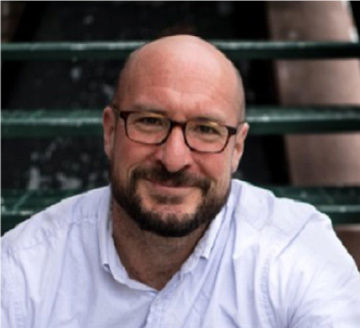 All young people--regardless of race, ethnicity, social class, sexual orientation or gender identity--should have access to services and supports that enable their efforts to lead successful, productive lives. The research and professional practice of the Community-AID Lab, which I founded and lead, promotes the use of data in developing, disseminating and improving sustainable preventive and positive development programs for all youth. I am particularly interested in programs that support young people's efforts to improve their communities.
All young people--regardless of race, ethnicity, social class, sexual orientation or gender identity--should have access to services and supports that enable their efforts to lead successful, productive lives. The research and professional practice of the Community-AID Lab, which I founded and lead, promotes the use of data in developing, disseminating and improving sustainable preventive and positive development programs for all youth. I am particularly interested in programs that support young people's efforts to improve their communities.
-
Erin Bunting, Geography
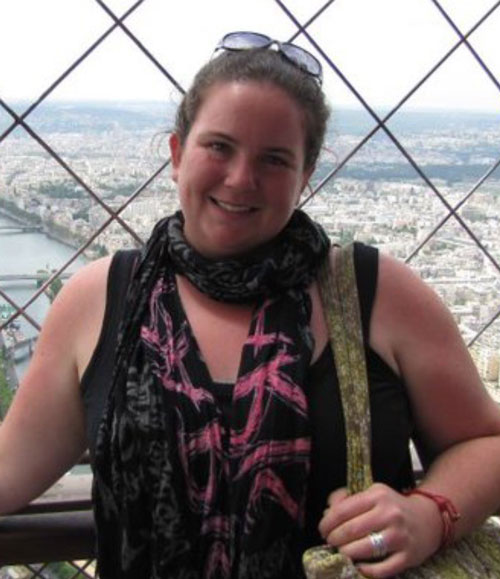 Born in Florida and raised a die-hard Gator fan, Dr. Erin Bunting came into the geographic discipline by a happy accident, having been required to take an Extreme Weather course as an undergraduate at the University of Florida. After seeing how the field of geography brought together her interests in travel, climate, ecology, and environmental science Dr. Bunting changed her major and never looked back. Throughout her career, she has diversified her roles and employment to develop a broad research network, gain multi-faceted teaching experience, manage and mentor both academic staff and students, and conduct interdisciplinary research. As such she has worked in academia, government organizations, and private companies using advanced spatial analysis, particularly big data remote sensing and Geographic Information Systems (GIS), to answer applied interdisciplinary questions on global environmental change, climate change, landscape resilience, and coupled natural human systems.
Born in Florida and raised a die-hard Gator fan, Dr. Erin Bunting came into the geographic discipline by a happy accident, having been required to take an Extreme Weather course as an undergraduate at the University of Florida. After seeing how the field of geography brought together her interests in travel, climate, ecology, and environmental science Dr. Bunting changed her major and never looked back. Throughout her career, she has diversified her roles and employment to develop a broad research network, gain multi-faceted teaching experience, manage and mentor both academic staff and students, and conduct interdisciplinary research. As such she has worked in academia, government organizations, and private companies using advanced spatial analysis, particularly big data remote sensing and Geographic Information Systems (GIS), to answer applied interdisciplinary questions on global environmental change, climate change, landscape resilience, and coupled natural human systems.
2020-2021 Dean’s DEI Fellows
-
Dr. Carole Gibbs
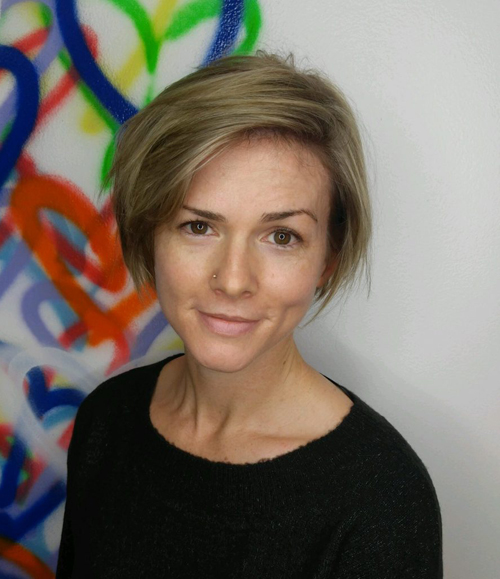 Dr. Carole Gibbs
Dr. Carole Gibbs Dr. Carole Gibbs is an Associate Professor in the School of Criminal Justice. She received her PhD from University of Maryland in 2006. Her research focuses on white-collar and corporate crime and using interdisciplinary approaches to develop a more nuanced understanding of street crime. She has published in Criminology and Public Policy and the Journal of Criminal Law and Criminology. Dr. Gibbs served as the inaugural co-chair of the School of Criminal Justice’s Committee on Equity, Inclusion and Justice, helping lead the school through a climate assessment process. She was also Vice-Chair of the Division on White-Collar and Corporate Crime and is a recent graduate of the Great Lakes Leadership Academy.
-
Dr. Brian Johnson
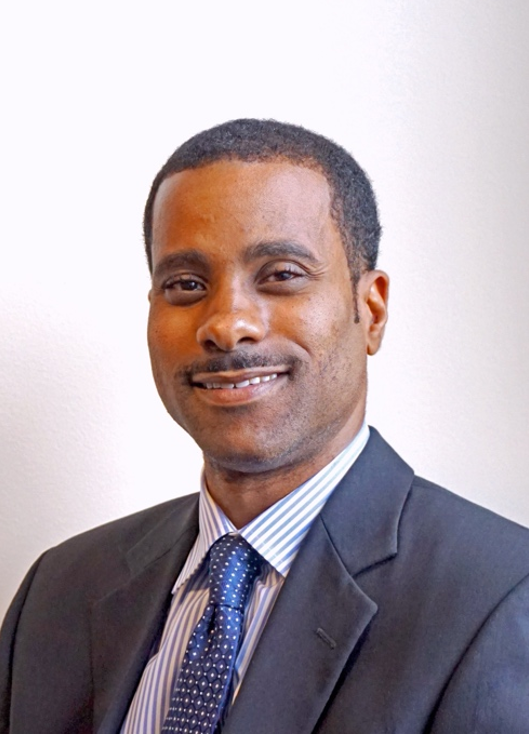 Dr. Brian Johnson
Dr. Brian Johnson Dr. Brian Johnson is an assistant professor of Human Development and Family Studies at Michigan State University. He holds a B.S. and M.T. from Hampton University in Early Childhood/Psychology, a J.D. from Western Michigan University-Cooley Law School with a concentration in Constitutional Law and Civil Rights, and a Ph.D. from Michigan State University in Human Development and Family Studies. His scholarly interests focus on examining the constitutionality of laws and policies that affect youth and college-age underrepresented populations. He also has a particular interest in exploring and increasing sense of belonging among underrepresented groups at the college level. In addition to currently teaching at the undergraduate and graduate levels, he has over ten years of experience directing pipeline, recruitment, and retention programs. Also a certified elementary teacher, his pipeline programs focus on preparing students for college during the K-12 years, and ensuring they receive resources for success throughout their college experience. His advising, recruitment and retention initiatives have been recognized at the university and state levels.
-
Dr. Daniel Velez-Ortiz
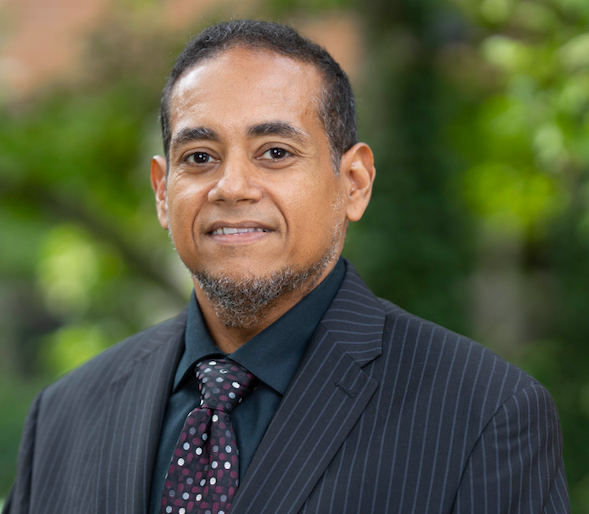 Dr. Daniel Velez-Ortiz
Dr. Daniel Velez-Ortiz
Dr. Vélez Ortiz is an Associate Professor in the School of Social Work at Michigan State University. His areas of research are in Latino older adults, cultural factors in mental health services, mental health literacy, technological approaches to cultural gaps, and structural factors relating to service delivery. His long-term work aims to integrate community mental health literacy and services into community spaces where older adults, particularly Latino groups, naturally gather. He would like to develop a link between disconnected systems of care using technology and other available resources. Dr. Vélez Ortiz has deep commitment to an applied focus in his research, where he has advanced knowledge with an emphasis on improving the lives of Latinos and other minorities across different age groups. He is also active in outreach and leadership.

